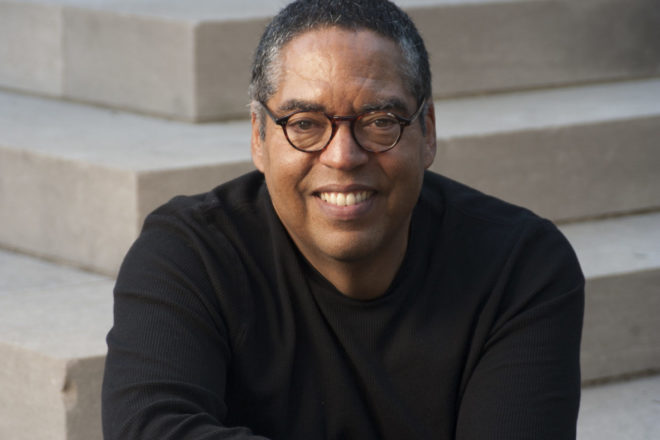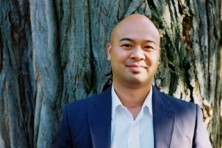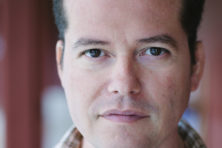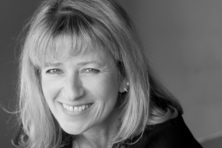Questions & Authors: Hal Prize Judge David Haynes
- Share
- Tweet
- Pin
- Share

Fiction writers who submit to the Peninsula Pulse’s 2017 Hal Prize contest will have the chance for their creative works to pass before the eyes of novelist and English professor David Haynes, this year’s fiction judge.
Haynes is a Professor of English at Southern Methodist University and since 1996 has taught with the MFA Program for Writers at Warren Wilson College. He is the author of seven novels for adults and five books for younger readers. He is also the founder and director of Kimbilio, a community of writers and scholars dedicated to developing, empowering and sustaining fiction writers from the African diaspora and their stories.
I recently caught up with David to talk about his writing career, what makes a good fiction story, and his tips for aspiring writers. For more information on the Hal Prize, visit thehalprize.com.
Alyssa Skiba (AS): When did you know you wanted to be a writer?
David Haynes (DH): I always knew from a very young age that books would be an important part of my life. I fell in love with them very young and I wanted to be around them and have them and consume them and I think I discovered when I was in fifth or sixth grade that I also could write, that I had the ability to write a story and wrote one for my sixth grade teacher. It wasn’t an assignment, I just decided to write it one evening and took it in the next day and he read it to the class and people loved it. I was hooked.
AS: You have written for both adults and young readers. What are the challenges of writing for young readers?
DH: The most difficult challenge for writing for young readers are those that have to do with understanding their sensibilities and I think that that’s the biggest mistake I see when I’m teaching writers who are interested in writing for young readers. One of the things I see is what I call the ‘cute problem.’ I see a lot of adult writers who think that the primary thing kids are interested in are things that are cute and two things about that: one, kids are interested in a wide variety of things other than just cuteness and number two, what adults think is cute is often very different than what kids think is cute. Sort of coming to understand their sensibility is the most challenging part and I think that’s why I probably wouldn’t have gone down the road of writing for kids if I hadn’t had the experience of working with them for so many years.
AS: Which audience is more difficult to write for?
DH: With kids you’ve got issues of sensibility and language and development in terms of concepts and things that they’re ready for so writing for children therefore is more difficult since there are more constraints on you. Writing for adults, all of those restraints are gone so in both cases, writing for children or adults you just have the general challenge of writing, period, which on a day-to-day basis can be maddening and frustrating and make your life a living hell.
AS: You will be judging the fiction contest for this year’s Hal Prize. In your view, what makes a good fiction story?
DH: I just want to be drawn in and lost in the world of the story. For me, the pleasure of reading is being dropped into some world or some place or some reality that I just didn’t expect and to be absolutely enchanted by it. Enchantment doesn’t necessarily have to be a charming thing. In reading, sometimes you can be in a dark place and still be rather enchanted by it.
AS: What advice would you give to a budding writer?
DH: This is my stock answer and it’s the best answer I’ve ever heard and it’s one word: read. Read good books, read good stories and read a lot of them. I’ve learned everything that I know about writing from reading really good writers and paying attention to what they do and emulating what they do.





